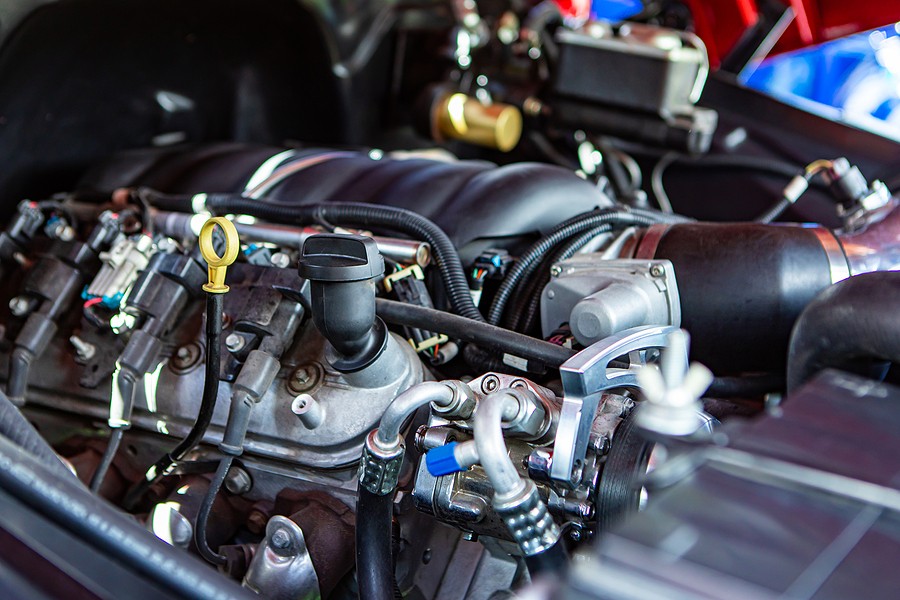Here's how do I keep my turbo in good condition:
- Oil changes regularly
- Oil quality checks
- Fuel quality checks
- Engine warm-up
- Gears working
- Correct cruising
- Engine cool down
- No throttle blipping
The turbocharged vehicle is a great invention that allowed for using smaller engines to produce the same amount of power. This way, people can drive smaller vehicles without worrying about fuel consumption which is a critically important component nowadays with the increased gas prices.
Although the term will vehicles was invented to produce better performance, they require a specific type of care that you must pay attention to so you don't deal with complicated problems that might be beyond your regular mechanic capabilities to get fixed.
This article provides eight important tips to help you maintain your vehicle and achieve the longest possible time without needing the repair shop for major complications. In addition, the article will help you answer the question: How do I keep my turbo in good condition?
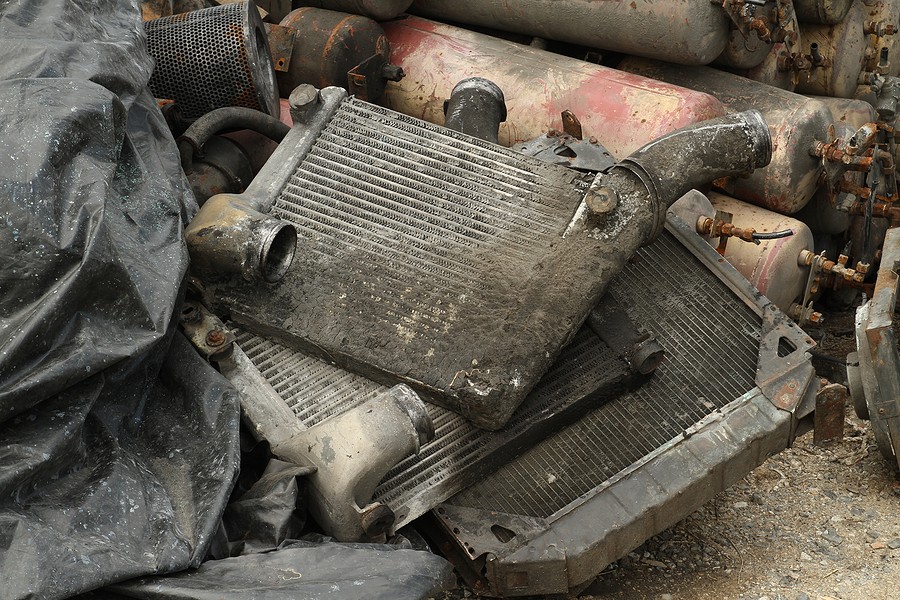
How do I keep my turbo in good condition?
People take care of their vehicles differently, and the effort you can put into maintaining your vehicle is very subjective. However, you must put at least the bare minimum to ensure that your vehicle serves you the longest possible. In addition, without getting you into situations, we must pay unnecessary expensive repair costs to fix the car.
If you're driving a vehicle equipped with a turbo engine, you must maintain it differently, and you must maintain every single element that goes into this engine to avoid costly repairs.
Here are the eight most common tips that automotive experts suggest to help you answer the question, how do I keep my turbo in good condition?
1. Oil changes regularly
The first and most critical recommendation is to change the oil regularly. Oil is necessary to maintain your engine, whether you're driving a turbo vehicle or any other engine. It prevents internal friction and reduces any excess heat that could occur because of the internal moving metal components. And if you don't have the right oil changes frequencies, you can easily deal with engine overheating that could damage your turbo in no time.
Obviously, if you think about it from a cost standpoint, changing the oil regularly is cheaper than dealing with complications in your turbo that could cost you thousands of dollars on there if it's repairable. So, therefore, no matter what the cause is delaying the oil change, you should not wait on that, and you should not ignore the oil change.
Remember that oil change frequency differs significantly depending on your vehicle's engine and the type of oil you're using. For example, if you're using synthetic oil, then it's most likely that you don't just change the oil that much until you hit the maximum threshold. However, if you're using conventional oil, then you most likely must visit your mechanic and change the oil as fast as possible and depending on what's specified in your vehicle or any manual, which is deeply around 5000 miles.
Sometimes automotive experts might recommend using synthetic oil to maintain your turbo. Still, typically we'd like to recommend following whatever specified in your vehicle's owner's manual. If you're performing the oil changes regularly and based on what's required, you shouldn't have any problem with your turbo. That's why we didn't want to add using synthetic oil would answer your question how do I keep my turbo in good condition?
2. Oil quality checks
When changing your vehicle's oil, you must ensure it's of the right quality. As we indicated, check your vehicle's owner's manual recommendations. Some vehicles might specifically say that you must use synthetic oil. If that's the case, do not try to save on oil, thinking it's a smart idea!
When your manufacturer asks to use synthetic oil, it doesn't mean they want to pay more for oil or reduce oil change frequencies. Instead, it means that the engine is extremely powerful to a point where we must use very strong oil and a good oil to prevent any extra heat generation that could happen during the combustion process.
Sometimes you want to use the type of oil that has certain additives. Oils are not all the same, and we hardly encourage you to read through the different components in your vehicle's oil before using it. Sometimes it might take advantage of extra benefits that could help extend the lifetime of your travel by just choosing the higher quality oil, which can be a little bit more expensive than the typical one but worth it.
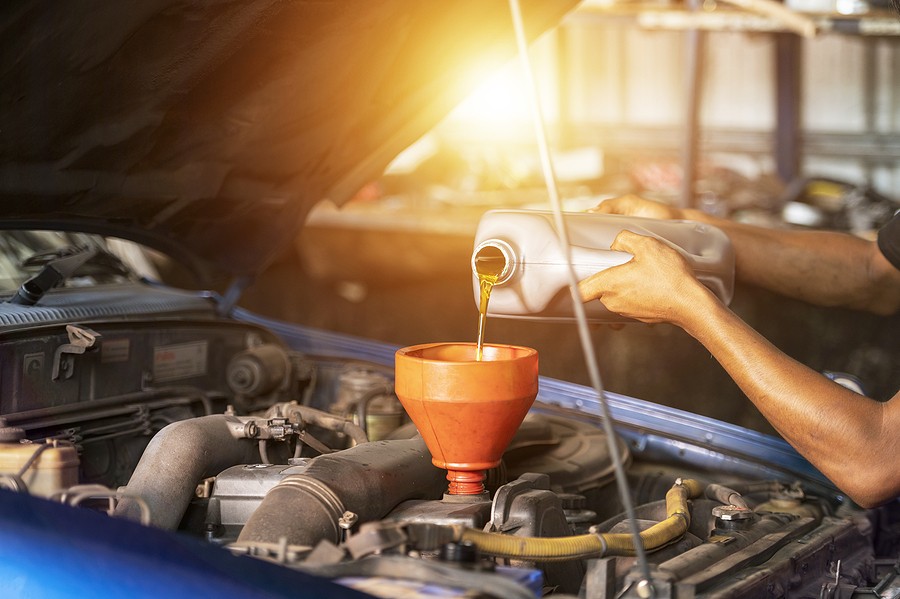
3. Fuel quality checks
Like the oil, you must maintain the best fuel quality. But, you don't have to go immediately with a premium fuel unless it's required in your vehicle, which is almost manual.
Keep in mind that some people think that premium fuel means the highest quality possible, but that's not always the case.
Premium fuel has to do with engine locking, which is different from what you might be imagining.
It doesn't provide you with better fuel quality and is designed specifically for certain engines. So, therefore, when we're talking about new quality, we're mostly focusing on the different additives that could come with the fuel to improve your vehicle's performance.
Every fuel company produces different formulas, and that's why reading through some of these formulas and understanding what type of benefits you could achieve from choosing higher-quality fuel helps you maintain your turbo and should be one of the first things to answer your question, how do I keep my turbo in good condition?
4. Engine warm-up
Many automotive experts do not recommend warming your engine for a long time because the modern engines are now ready to move immediately without any long warm-up times.
However, you still want to warm up your turbo for a bit, especially if you're starting your vehicle after a very cold night, along with running for a little bit, so few fluids run through different pathways, and your engine is ready to get going.
Driving your car immediately after a cold stop can result in significant issues, especially if you're driving a vehicle equipped with a turbo engine. Check with your manual and consult your mechanic about how long you should warm up your engine to maintain the turbo without causing further complications by over warming it up.
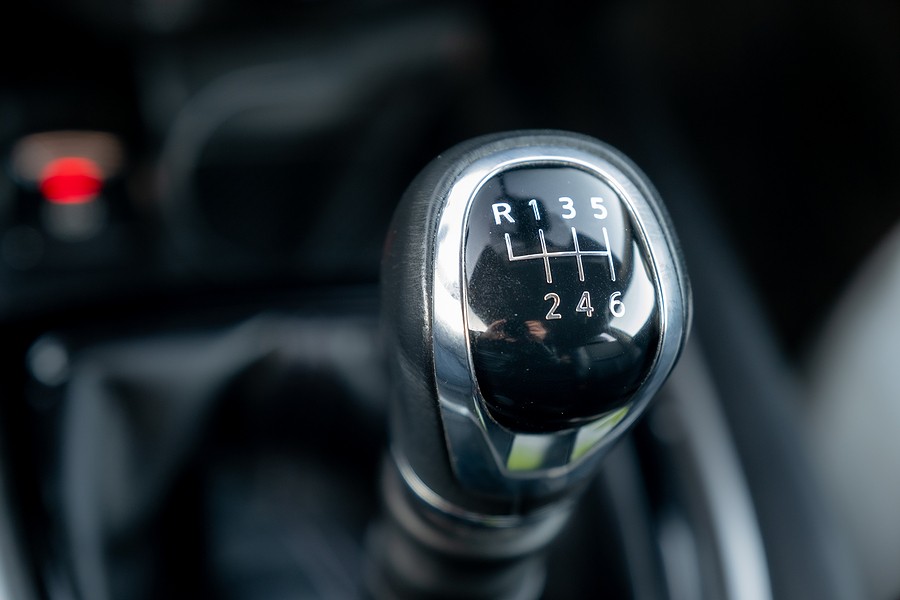
5. Gears working
Sometimes, as we're driving vehicles with turbo engines, we think we can add extra poke to get more power. First, however, it is critical to understand the relationship between the engine and the transmission, especially if you're driving a vehicle with a manual transmission.
Therefore, if you'd like to maintain your travel vehicle, understand the gear working and the gear job about the engine's performance, so you don't cause premature damage to your engine.
6. Correct cruising
Many of us enjoy the treble vehicles to achieve the best speed possible. However, many bad habits could lead to turbo diameters and significantly reduce their lifetime.
Therefore, understand your driving habits, and while you want to enjoy driving this vehicle and get the best out of your turbo, you must perform the right cruising and understand when to accelerate.
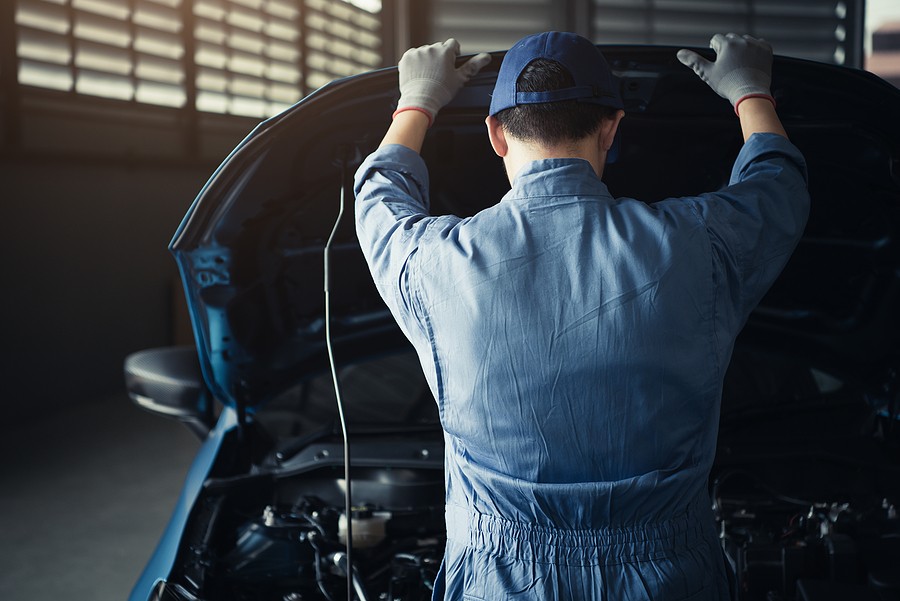
7. Engine cool down
In addition to warming up your engine, you must also understand that you should leave it to cool down for some time after speeding. Again, you would like to get the maximum speed possible out of this vehicle, but at the same time, you don't want to overwork your engine and cause it to be over-stressed all the time.
When the engine is extremely stressed, it will wear out prematurely, and you'll get to the point where you must install a new travel engine, which is an extremely significant repair cost.
That's why I keep a balance between the way you want to entertain your vehicle and the way you should take care of it and protect it from premature damage is cured
8. No throttle blipping
One of the very common driving habits that could damage your turbo in no time is blipping the throttle. This means that you increase the roof significantly to match the drive speed every time you downshift the gears. However, this causes severe consequences to your engine and leads to premature wear and tears.

What maintenance does the turbo need?
While the mentioned habits are critical for maintaining and extending your turbo's lifetime, some specific maintenance should be listed in your vehicle's owner's manual to protect this engine and extend its lifetime.
Typically, to maintain your travel, you need to do the following:
1. Higher frequencies of oil changes
Although you should follow the recommendations in your vehicle's owner's manual for oil changes, sometimes, if you overstress this vehicle and use that for extreme speeding, you might want to perform higher frequencies of oil changes.
This is not a requirement, but it should be a way to be proactive about potential problems and allow you to enjoy better engine performance without any risks of major complications.
2. Spark plugs replacements
Spark plug replacement is extremely necessary for every vehicle. However, if you're driving a turbo car, you must always have working spark plugs. In regular cars, you might have a failing of the spark plug, and you should be OK driving because you have other spark plugs. However, in your turbo vehicle, you need to have all spark plugs without any single problem to achieve the best performance necessary.
The coolest thing about your turbo vehicle his performance, energy, and speed. If this is reduced, you're not getting the maximum out of this vehicle, and that's where you feel that you're not achieving the best entertainment you're looking for.
Therefore, you should follow the recommendations of your vehicle's owner's manual about how often you should replace the spark plugs to ensure that the air-fuel mixture is ignited at the right time.
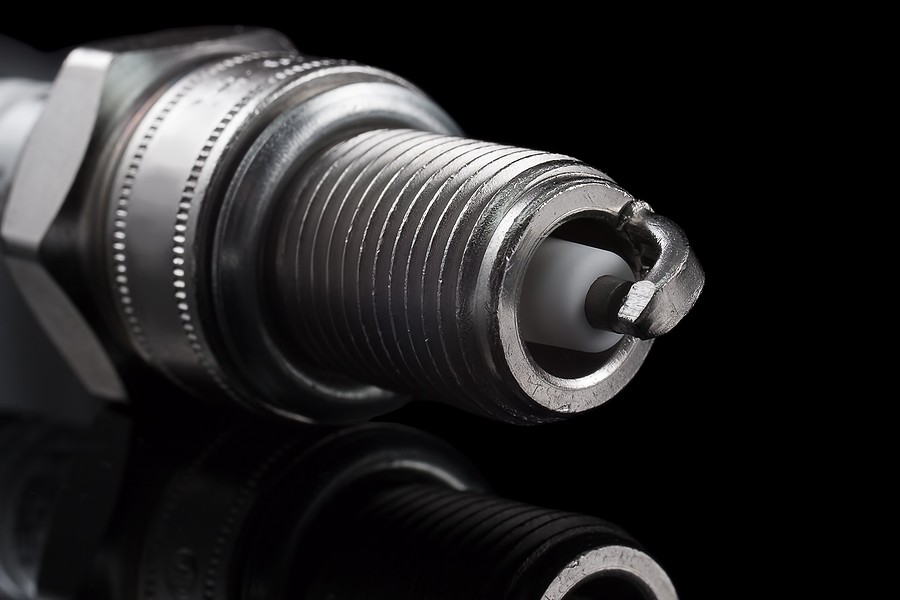
Final thoughts
Turbocharged engines added lots of improvement to the automobile industry. People can now drive smaller vehicles and achieve the required energy needed without needing to install bigger engines.
This article provided eight important tips to help you maintain your turbo and answer your question, how do I keep my turbo in good condition? The more you implement these recommendations, the more you can enjoy your engine without major complications.
Note that these are just recommendations, and you will get to a point where your turbo will fail and that's where you must evaluate the situation carefully and determine whether your vehicle is worth the repairs.
If you got to a point where your turbo fails and repair costs are extremely severe, you might want to investigate whether you should sell your vehicle or not. Are you looking for someone to buy your car with turbo problems? Check out Cash Cars Buyer!
Cash Cars Buyer is one of the top-rated car removal companies in the nation that guarantees to pay you the top dollars and provide you with free towing despite your living location around the United States.
Our process is very straightforward and doesn't take more than a couple of days to get your car removed safely and for the most money.
All it takes you is to:
- Describe your car's type and condition
- Receive our instant free quote
- Accept the quote
- Get your car removed and receive your cash payment on the spot!
To learn more about our process and our team, you can reach out to us by calling us at (866) 924-4608 or by visiting our home page click on the free instant online offer.

